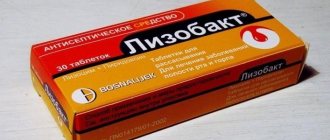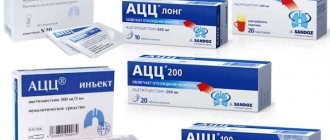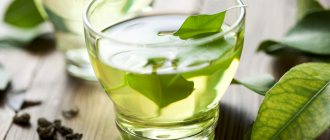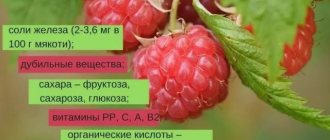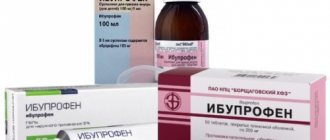01/11/2018 Category: Treatment during breastfeeding Author: Elena Ikonnikova
If a breastfeeding woman has a cough, she wants to get rid of the unpleasant symptom as soon as possible. Everyone knows that during breastfeeding the medicine must be selected in such a way that it effectively eliminates the problem and at the same time is safe for the baby. The drug Mucaltin has established itself as an inexpensive, but very effective remedy that is familiar to many from childhood. But is its use compatible with breastfeeding?
- Composition, pharmacological properties, dosage form
- Characteristics of the drug
- Instructions for use
Feedback from nursing mothers
- Mucaltin analogs: photo gallery
Mucaltin for hepatitis B
During breastfeeding, as well as intensive lactation, Mucaltin is considered a harmless and effective drug that can eliminate pathological symptoms with the appropriate dosage. The drug does not in any way affect the quality of breast milk, is prescribed in the form of lozenges, and has the ability to actively cope with the cough present in a nursing mother.
Clinical studies have proven that the use of a natural antitussive product of organic origin does not affect breast milk and does not change its natural structure.
Despite all the positive features of marshmallow root, the main active ingredient of Mucaltin, taking it on a self-prescribed basis is not recommended. The mechanism of action of the components of the medicinal plant is not always indicated for symptomatic cough. To determine its feasibility, the doctor must find out the origin of the cough reflex and the nature of sputum production. Taking it may lead to increased negative symptoms.
Composition of mucaltin
The lining of the bronchi is affected by an active substance - marshmallow polysaccharides (a medicinal plant widely used in the treatment of cough). The mucus contained in the root of the plant quickly and effectively helps relieve irritation and inflammation that occurs in the bronchi.
The drug mucaltin helps to influence sputum: by diluting it, it leads to rapid elimination, while at the same time softening the lining of the respiratory tract. This normalizes the functioning of the lungs and improves the general condition of the woman.
Another component of the medicine is sodium bicarbonate, which has an antitussive effect with an expectorant effect.
Mucaltin can be prescribed for the treatment of bronchitis, tracheitis, laryngitis, pneumonia in acute or chronic form.
Description of the drug
Marshmallow root is the basis for the production of Mucaltin, which is classified as a medicine prepared based on alternative medicine recipes. Its use as proven folk recipes goes back centuries. Research has proven that polysaccharides, industrially extracted from a medicinal plant, are an excellent remedy for the treatment of dry cough.
Mucaltin, being a proven and tested means of combating the increased excretion of mucus from the upper respiratory tract, is considered to consist of natural raw materials. Its main component is marshmallow polysaccharide.
The pharmacological group to which the drug belongs is secretolytics, motor stimulants that act on the upper respiratory organs. However, it cannot be called completely natural, since the tablet form contains tartaric acid and sodium bicarbonate, which themselves have expectorant properties that potentiate the relatively weak effect of the polysaccharide group.
Before you start taking the medicine, you need to familiarize yourself with the indicated composition, since it may also contain an additional inclusion - an element that is used in individual formulations by different pharmacological companies.
Even when purchasing a medicine at a pharmacy on the recommendation of a doctor, the tablets must be carefully examined to ensure compliance with the standard recipe. If new additives are indicated in the composition, it is necessary to look at the possible side effects of auxiliary components arbitrarily added to the main generally accepted scheme.
Analogs
Today, there are a large number of Mucaltin analogues that have similar therapeutic effects:
- Althea syrup. An analogue of Mucaltin with the main active ingredient of marshmallow extract. Auxiliary components: water, sodium benzoate, sucrose. The therapeutic effect is similar to Mucaltin. The syrup tastes sweet. Contraindications: fructose intolerance and hypersensitivity to the components of the drug.
- Amtersol syrup. Indicated for the treatment of respiratory tract diseases accompanied by inflammation, cough with difficult sputum discharge (tracheitis, bronchitis). Contains extracts of natural components: thermopsis and licorice. However, this syrup contains ethyl alcohol, which initially puts the drug on the list of those not recommended for use during the lactation period. In the instructions for the drug, the period of breastfeeding is listed as a contraindication.
- Bronchicum. Available in the form of syrup, lozenges, elixir, drops. Preparations of various forms are similar in composition and contain: tinctures of medicinal plants (grindelia, pimpinella, primrose, rose hips, thyme), honey. Bronchicum has antipyretic, expectorant, antitussive and antimicrobial properties. Neither form of the drug is suggested for use during breastfeeding.
- Gedelix syrup. Expectorant of plant origin (ivy extract). When consuming syrup, the viscosity of mucus decreases, and the respiratory tract is cleared of mucus. Many doctors allow the use of Gedelix in syrup by a lactating woman, however, the instructions for this drug indicate that the drug is not recommended during breastfeeding because not enough research has been conducted on its effect on the quality of milk.
- Gerbion. Syrup based on medicinal plants: primrose and thyme. Its use is intended to relieve inflammation, have an expectorant and antimicrobial effect. Provokes liquefaction and discharge of sputum. During lactation, the drug may be prescribed by your doctor. But the official instructions indicate that women who are breastfeeding are not recommended to use this medication due to the lack of clinical research in the field of lactation.
- Syrup Doctor Mom. An expectorant drug containing the following medicinal plants: aloe, basil, elecampane, ginger, turmeric, nightshade, licorice and others. The drug has anti-inflammatory, expectorant, mucolytic, local irritant and distracting effects. Like most expectorants, it is not recommended for use by breastfeeding women, however, in practice, Doctor Mom syrup is prescribed by doctors quite often.
- Dr. Theiss. Syrup, the main component of which is plantain extract. Auxiliary components are mint oil, beet syrup, sugar. The drug is indicated for use as part of complex therapy in cases of treatment of diseases accompanied by difficult sputum separation. According to the instructions, its use during breastfeeding is possible only after agreeing on the frequency of daily intake and dosage with a doctor.
- Linkas syrup. A preparation made from extracts of medicinal herbs: licorice, violet, marshmallow, jujube, etc. It is used as an expectorant, thinning mucus and promoting its elimination. The instructions for the medicine indicate the following: you will need to stop breastfeeding for the duration of therapy.
Mucaltin analogs: photo gallery
Linkus is not compatible with breastfeeding
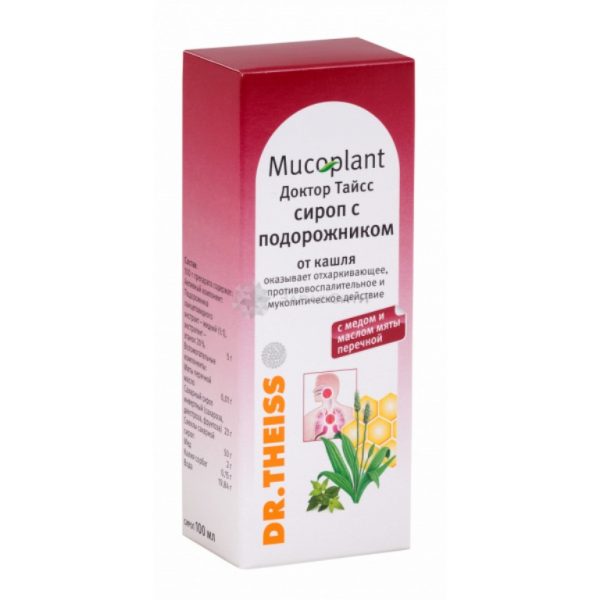
Dr. Theiss is acceptable during the lactation period
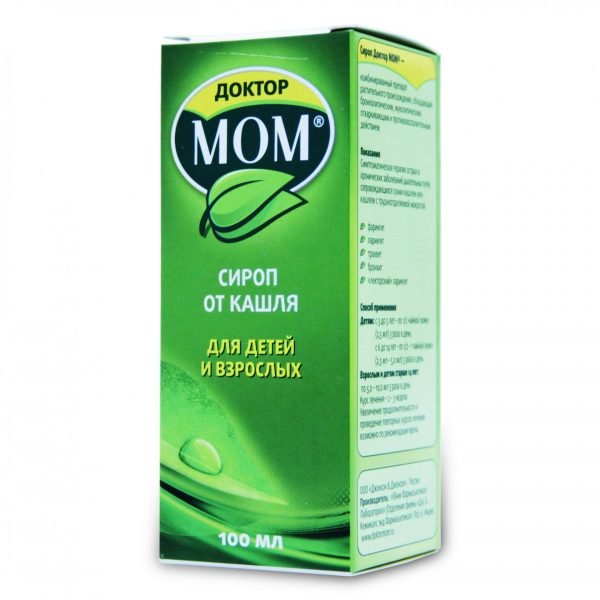
Doctor Mom is a syrup that can be taken during breastfeeding on the recommendation of a doctor
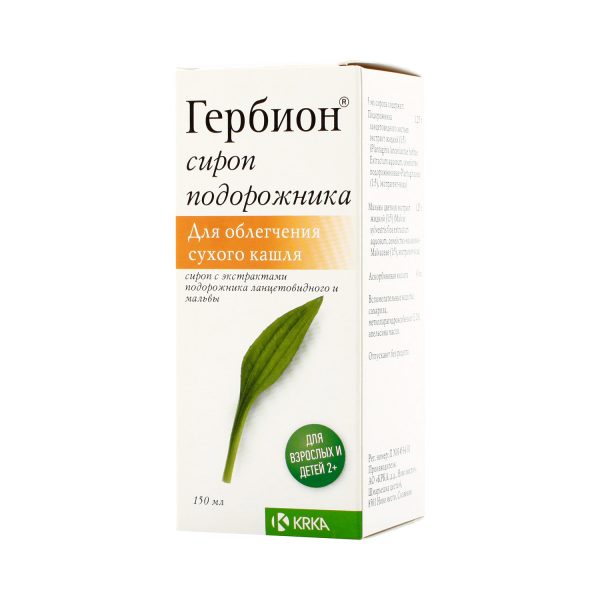
Herbion can be prescribed by a doctor during lactation
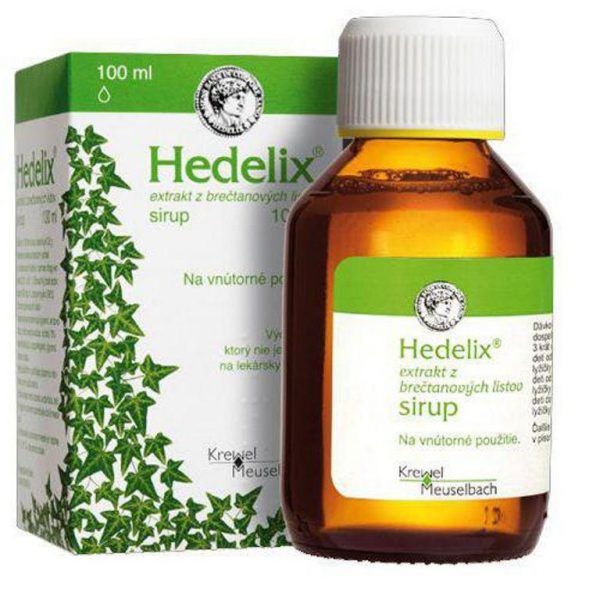
Gedelix can be used during breastfeeding
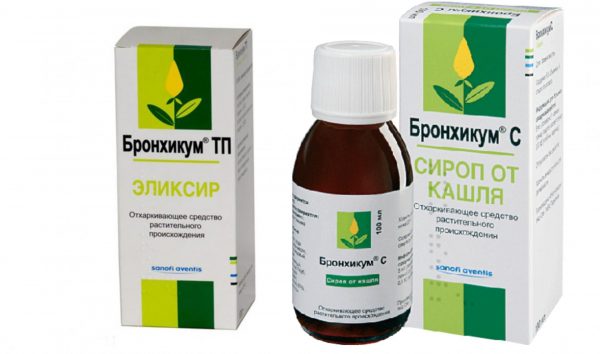
Bronchicum is available in the form of elixir and syrup.
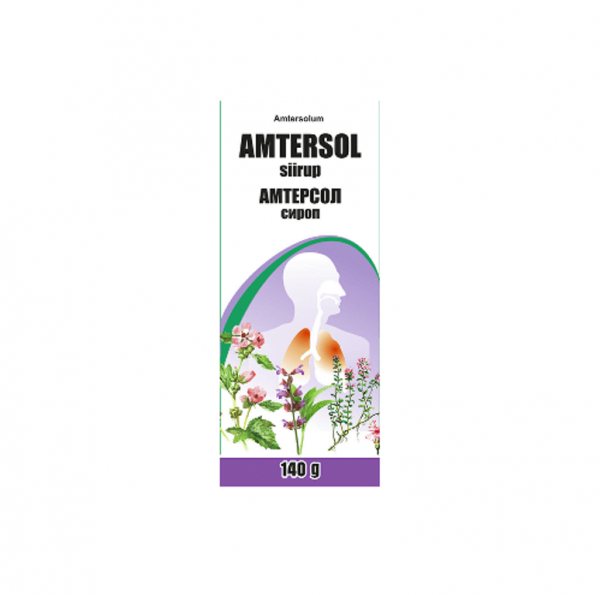
Amtersol is not recommended during lactation
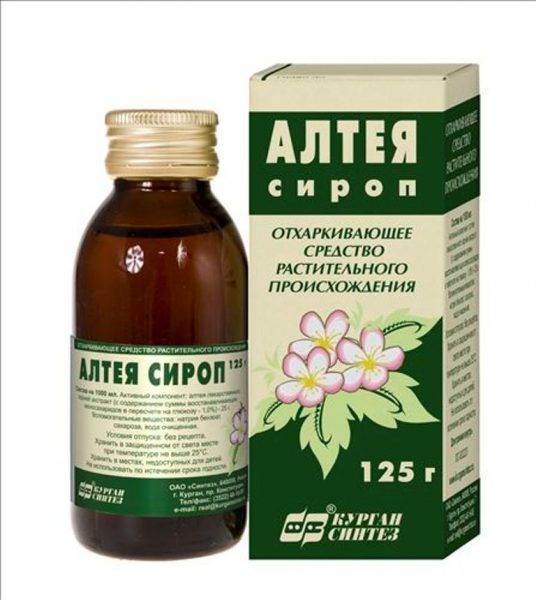
Althea syrup has an expectorant, local anti-inflammatory effect
Useful properties of Mucaltin
Standardly prepared Mukaltin has many useful medicinal properties, which make it so popular in pharmacological practice. The marshmallow root polysaccharides contain pectin and starch, plant mucilage, asparagine and betaine, which are used in modern medicine as individual drugs. Due to the presence of these substances, taking Mucaltin allows you to achieve multiple effects:
- anti-inflammatory, weak antiseptic;
- enveloping, softening and expectorant, facilitating the separation of the mucous mass;
- reflex-stimulating, enhancing the activity of the ciliated epithelium;
- increasing the secretion of bronchial glands;
- in parallel, activating the peristalsis of the bronchioles present for breathing;
- protective, achieved on the mucous membrane of the upper respiratory tract, on the lining of the stomach.
With numerous indications for the drug, which include not only difficulty in expectoration, but also tracheobronchitis, emphysema and pneumonia, children's age is listed among the contraindications. Mucaltin is not approved as a drug of choice for the treatment of children under 12 years of age.
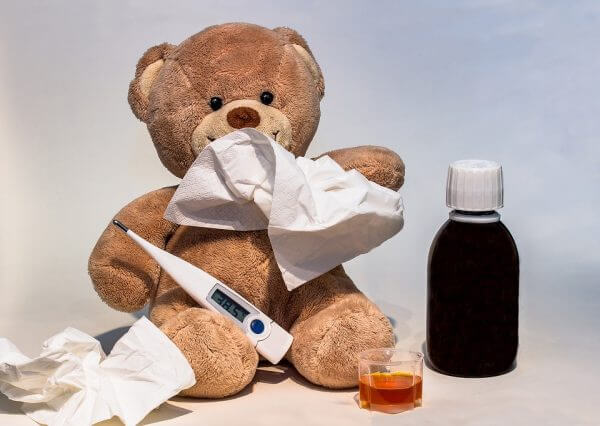
What can be replaced
There are several products that can replace Mukaltin.
Analogues of the drug
Medicines with similar effects include:
- "Alte." This is an effective syrup made to eliminate the symptoms of a cold. To recover, drink 20-30 milliliters of the drug daily before meals.
- "Rubital". An antitussive drug that can be used to clear the airways of accumulated mucus. The syrup is taken every day 3-4 times, 15 milliliters.
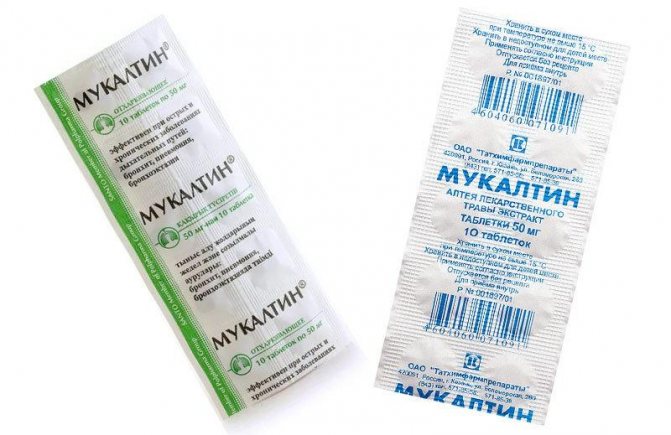
Folk remedies
Also, instead of "Mukaltin" when treating colds, you can use folk remedies:
- Figs with milk. To create the medicine, figs are boiled in a saucepan with milk. Then the mixture is mixed in a blender and taken 1-2 times every day.
- Bulb onions. To prepare the medicine, cut the onion into small rings and pour milk over it. The mixture is simmered over low heat and filtered. After this, the liquid is infused and taken a teaspoon 4-5 times a day.
- Plantain tincture. When creating a tincture, 4 leaves of the plant are poured with hot liquid, left for an hour and a half and filtered. The drug is drunk four times a day for 8-10 days.
Indications for use
Mucaltin is used extremely rarely as a separate drug. Usually this is an effective addition to the complex treatment of any conditions accompanied by the appearance of sputum or mucus in the respiratory organs, which is difficult to eliminate or separate.
We recommend reading: When can a nursing mother play sports after giving birth?
Among the indications, many therapists consider the beginning manifestations of a cold and cough. Meanwhile, for a competent doctor, Mucaltin is a universal remedy if it is supplemented with specialized prescriptions focused on difficult situations:
- for bronchial diseases - bronchial asthma, bronchitis of any etiology, obstructive;
- for tracheitis, tracheobronchitis, bronchoadenitis, laryngitis;
- the indication is pneumonia (pneumonia, pneumoconiosis;
- tuberculous lesion of lung tissue.
The instructions for use of the drug contain a strong mention of the need for a certain dosage and duration of administration. Occasional and one-time use does not have the effect that the treatment course is intended to achieve. Use during pregnancy and young children is recommended only in consultation with a doctor, and its use in a child under one year of age is strictly not recommended.
Instructions for use
The drug is taken orally before meals, 1 tablet 3 times or 2 tablets 2 times a day.
The medicine can be taken in two ways: washed down with plenty of water or dissolved in warm water at the rate of 1 tablet - a third of a glass of water.
The course of treatment varies from 7 to 14 days. The duration, frequency and dosage of administration in each individual case are determined by the attending physician.
Feedback from nursing mothers
Yesterday a doctor came, a very young girl, and said that she would have to stop breastfeeding, because... need to take antibiotics, when asked about the diagnosis, she stated that she is generally afraid of us, pregnant and lactating women, it doesn’t look like the flu, nor does it look like a cold, because... The throat is not red and does not hurt. As a result, I looked on the Internet what is possible with breastfeeding, I drink arbidol and mucaltin. Now I feel a little better, but the cough is very painful, dry, to the point of vomiting.
MilkyWay
https://forum.samarskie-roditeli.ru/topic/12198-lechenie-prostudy-pri-gv/
I completely forgot...mukaltin!!!!You take a tablet, dissolve it in a spoon of boiled water and drink it...I gave it to my baby from very early infancy and I drink 1 tablet myself. 3 rubles a day after meals
Aurora
https://deti.mail.ru/forum/zdorove/zdorove_krasota_diety/kashel_pri_gv/
I’m currently taking lyzobact and mucaltin, it helps a lot and is possible during pregnancy and guardianship. They also said tantum verde, I bought it, but the instructions say it is contraindicated during pregnancy and breastfeeding!
Olga
https://www.baby.ru/community/view/3335924/forum/post/536012149/
Mucaltin during breastfeeding
Is it possible to use Mucaltin while breastfeeding in near-medical publications? It is interpreted as an unambiguous permission.
Based on the mention of its natural origin, it is recommended to drink it as a safe means for thinning and facilitating the discharge of sputum. The decision can be made by a woman on the basis that she took the medicine during pregnancy, then it was not considered potentially dangerous. Meanwhile, the period of breastfeeding requires a more balanced approach to colds, and the attending physician should also decide whether Mucaltin is possible during breastfeeding.
If the medicine was prescribed during pregnancy according to indications for acute bronchitis, influenza or pneumonia, then a nursing mother should take Mucaltin for a simple cold or suspected influenza according to medical advice. They do not start drinking it immediately after the first symptoms appear, but wait for some time until sputum accumulates in the upper respiratory tract.
Achieving a positive result occurs only after a course of treatment, which is at least several days, and depending on the severity of the condition, the treatment may take a longer period. This is another reason not to take Mucaltin while breastfeeding without consultation and diagnostics, and not to mistakenly assume that if a dry cough appears, you can swallow the usual 1-2 tablets.
We recommend reading: Treatment of sinusitis during breastfeeding

Indications and rules for taking cough tablets
Mucaltin is used for acute and chronic diseases of the respiratory system, which are accompanied by a cough with difficult to separate sputum, such as:
- tracheobronchitis;
- obstructive bronchitis;
- bronchiectasis;
- pneumonia.
Depending on the severity of the nursing woman’s condition and the general clinical picture, the doctor may prescribe either one drug, or, more often, as part of complex therapy. Mucaltin combines well with other medications, except for those containing codeine, as they block the release of liquefied sputum. It will not be possible to cure serious bronchopulmonary diseases with Mucaltin alone. The drug can significantly facilitate and speed up the healing process.
The official instructions recommend that adults take Mucaltin 1-2 pieces 2-3 times a day before meals. The tablet can either be swallowed whole or diluted in a small amount of warm water. The duration of the course should be determined by the doctor. On average, patients are treated with the drug for 7–14 days. If possible, a minimum period of therapy is always preferable for a breastfeeding woman.
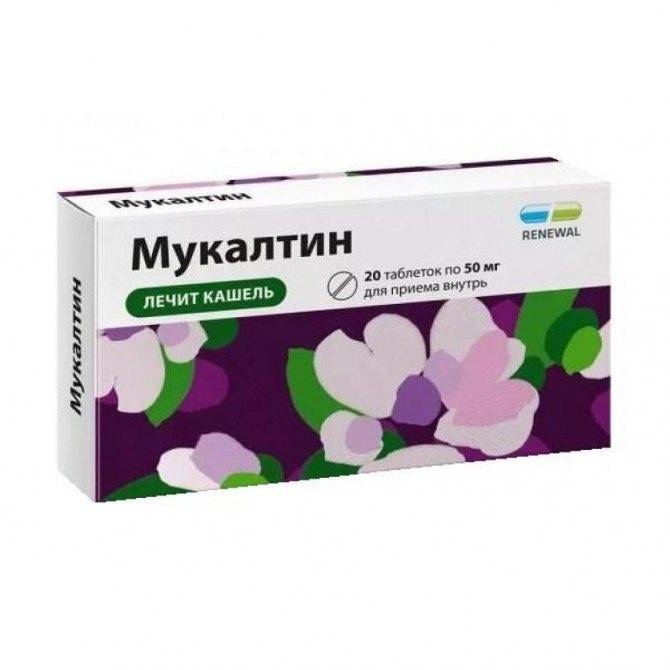
The drug Mucaltin contains 50 mg of active ingredient - marshmallow extract
How should a nursing mother take Mucaltin correctly?
Before you start using a medicine, even such a well-known, seemingly harmless one as Mucaltin, when breastfeeding, do not forget about such an important thing as instructions for use. The possibility of uncontrolled purchase of a medicine at a pharmacy does not mean that it is safe and taken in any form. Certain subtleties are accessible only to a person with a medical education who understands the mechanism of sputum formation and its secretion from the bronchi:
- in case of allergic reactions, the likelihood of which has already been potentially proven, the medication should not be started at all;
- if Mucaltin is necessary for the treatment of bronchitis, it is used to enhance the secretion of glands and peristalsis of bronchioles;
- if influenza is being treated, it is necessary at the stage of a mild cough;
- for pneumonia, which is accompanied by a severe characteristic cough symptom, the dosage and duration are selected individually, based on the subclinical picture.
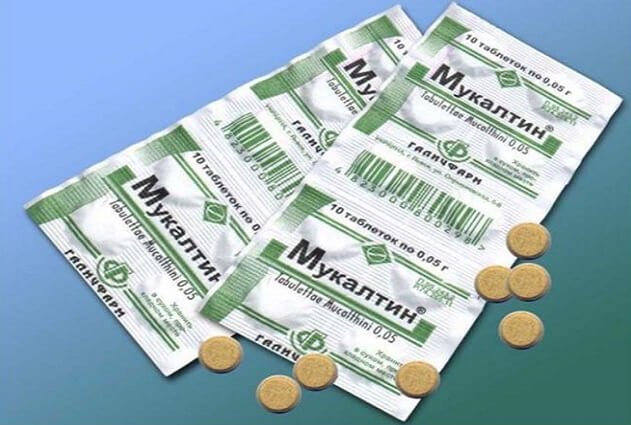
The time of breastfeeding is a period of extreme undesirability of any colds, inflammatory, infectious diseases. But if you cannot avoid them, you should consult a doctor. The outward deceptive harmlessness and prevalence of a medicine is not at all a reason to take it unreasonably or incorrectly. When the baby’s health, development, well-being, and the issue of taking medications in baby food cannot be decided arbitrarily and thoughtlessly, it is necessary to obtain a doctor’s prescription.
Cough with acute respiratory infections
Often acute respiratory infections are accompanied by a cough. It can be of two types:
- Dry cough. It is a sign that the infection has entered the upper respiratory tract. This cough can also occur with a sore throat. The patient does not produce sputum, but often there is a need to cough, but she cannot clear her throat.
- Moist cough. It usually appears a couple of days after the onset of the disease, when the cells of the respiratory tract enter into active confrontation with the virus. When a woman coughs, she produces phlegm.
Treatment of cough with acute respiratory infections
To cure a dry cough, a nursing mother must adhere to several rules:
- Drink a lot, because when you are sick, fluid loss increases.
- Monitor the air humidity in the room. Humid air will prevent mucus from drying out in the lungs and nasopharynx.
- Ventilate the room frequently. This will rid it of pathogenic microbes.
- Be sure to consult a doctor. When feeding a baby with breast milk, a mother should be very careful about her health. Self-medication in such a situation is unacceptable. A cough is sometimes a warning sign of pneumonia, which can be caused by infected mastitis. It is difficult to deal with such illnesses, and the woman will have to give up breastfeeding.
Only a doctor can tell you how to treat a nursing mother’s cough. Typically, the following groups of drugs are prescribed during lactation:
- Syrups. In most cases, they contain natural ingredients. Before use, you should carefully study the instructions.
- Gedelix syrup. It contains plant components and ivy extract. Its analogue is “Prospan”.
- Syrup "Gerbion". It contains plantain and mallow extracts.
- Pills. Only drugs approved for lactation are prescribed.
- "ACC" or "Fluimucil". Available in powder or tablet form. The active ingredient is the amino acid acetylcysteine.
- "Ambrobene", "Lazolvan", "Ambroxol", "Ambrohexal". This group of drugs includes ambroxol. According to research, it practically does not pass into mother's milk, so treatment with it is safe for guardians. The medicine is available not only in the form of tablets, but also in the form of a solution or syrup.
- "Mukaltin."
- "Furacilin". Tablets are used for rinsing.
- "Lizobakt". Prescribed to relieve a sore throat. The tablets must be dissolved.
- Sprays. Various sprays are often prescribed for topical use.
- "Tantum Verde". The medicine has an anti-inflammatory effect and is harmless to the baby and his mother. You can use it every 1.5-3 hours.
- "Hexoral". The spray contains hexethidine. This substance inhibits pathogenic flora localized in the larynx for up to 12 hours from the moment of use of the drug. A rinse solution of the same name is produced.
- "Chlorophyllipt". This is an antibacterial spray that contains eucalyptus leaves. In addition, an oil solution is used to lubricate the nose.
- "Bioparox". This drug contains an antibiotic. Treatment with this spray is allowed during lactation, since a very small amount passes into milk.
- Treatment of cough during hepatitis B can be carried out using inhalations. A special device is used for them - a nebulizer. Such inhalations are done with amborxol or with agents that inhibit microbes (“Mirimistin”). To moisturize the larynx, you can use Borjomi water or sterile saline solution for inhalation.
Young mothers should know that Bromhexine should not be taken during breastfeeding.

Contraindications and side effects
Any medication has contraindications, even such a seemingly harmless adsorbent as activated carbon. For children, Mucaltin is dangerous due to the possibility of an allergic reaction to the natural components that make up its composition. It can also harm a mother who has diabetes, a stomach or duodenal ulcer, or chronic gastritis in a difficult period of exacerbation. If you are immune to marshmallow or other components of the medicine after taking it, there is a high probability of developing allergic manifestations.
We recommend reading: Is it possible to go to the bathhouse while breastfeeding?
